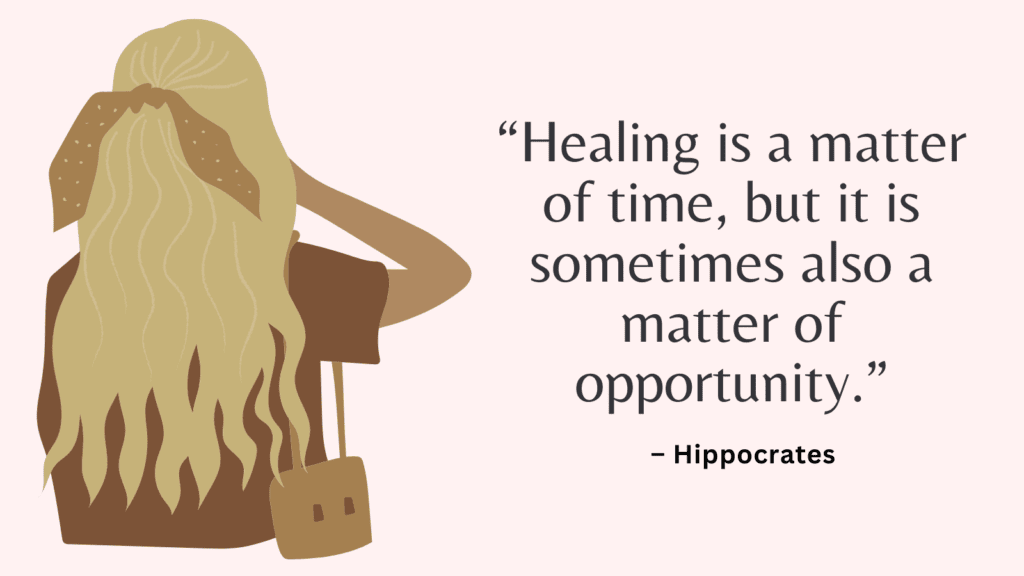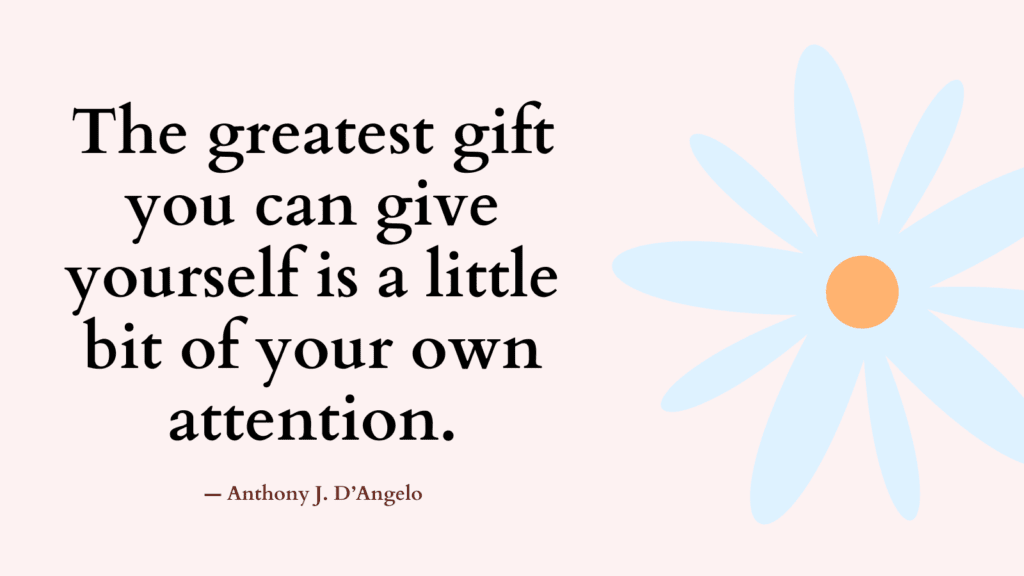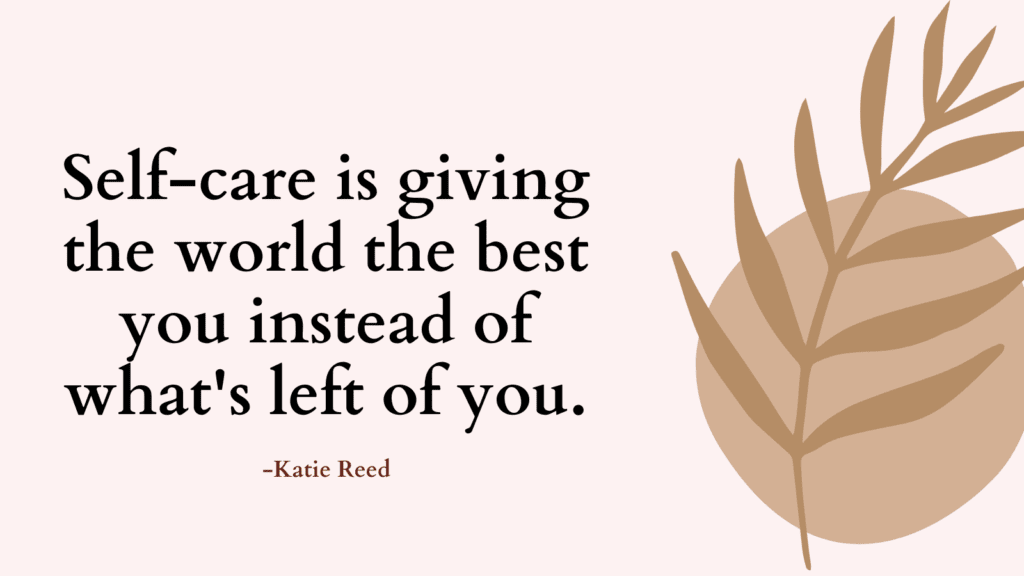This post contains “Emotional abuse test” to help you identify abuse in your relationships.
Disclosure: Some of the links below are affiliate links. This means that, at zero cost to you, I will earn an affiliate commission if you click through the link and finalize a purchase. If you need professional help, I recommend BetterHelp for affordable online therapy.
What is Emotional Abuse?
All of us have, at one time or another, come under attack by people who took out their frustrations on us, and all of us slip up and occasionally say or do things we know we shouldn’t. That’s normal.
Emotional abuse is not normal.
Emotional abuse is the consistent pattern of behavior in which we are being treated unfairly and unjustly over a period of time, usually by the same person or people.
Emotional abuse can also be a onetime traumatic event that is left unresolved.
Harder to spot, emotional abuse is easy to deny. But emotional abuse can be just as damaging as physical and sexual abuse.
Emotional abuse always accompanies physical or sexual abuse but can stand fully on its own while also be just as damaging to an individual.
Emotional Abuse Test
The following questions represent common signs of emotional abuse:
Results
#1. Are they often critical of every opinion or action of yours?
#2. Do they give you the silent treatment?
#3. Do they make conditional agreements and then keep changing the conditions to avoid fulfilling the agreement?
#4. Do they make you feel worthless?
#5. Do they often go into fits of rage and anger?
#6. Do they often humiliate you through inappropriate gestures, comments, or “jokes”?
#7. Do they often lie to avoid responsibility?
#8. Do they often minimize or discard your point of view?
#9. Do they often use shame or guilt to manipulate your behavior?
#10. Do they put the blame for their own mistakes on you?
#11. Do they refuse to acknowledge or discount your feelings?
#12. Do they threaten of physical or sexual abuse?
#13. Do they use a hostile or sarcastic tone of voice with you?
#14. Do they withhold financial resources?
We will not sell your information. All results are kept confidential.
This quiz is for informational purposes only. It is not meant as a diagnostic or assessment tool.
Test Results
The questions above represent common signs of emotional abuse. If you answered yes to most of these questions, then you may be a victim of emotional abuse.
What’s Next? Healing From Emotional Abuse In 12 Practical Steps

How to Heal After Emotional Abuse?
Healing after emotional abuse can be a challenging process, but with time and support, it is possible to recover and regain your emotional well-being.
Here are some scientifically grounded suggestions to help you heal:
1. Seek professional help
Consider working with a qualified therapist or counselor who specializes in trauma and abuse.
They can provide guidance, coping strategies, and help you process the emotions associated with the abuse.
2. Establish boundaries
Set clear boundaries with the abuser, and if necessary, limit or cut off contact with them.
This can help create a safe space for your healing and prevent further harm.
Related: Top 25 Tips On How To Set Boundaries In A Toxic Relationship? (+FREE Worksheets PDF)
3. Practice self-care
Engage in activities that bring you joy and promote self-care.
This might include exercise, spending time in nature, pursuing hobbies, or practicing relaxation techniques like meditation or deep breathing exercises.
4. Build a support network
Surround yourself with supportive and understanding individuals such as friends, family members, or support groups.
Sharing your experiences and connecting with others who have gone through similar situations can be validating and comforting.
5. Challenge negative self-beliefs
Emotional abuse often leads to negative self-perceptions.
Work on recognizing and replacing these negative beliefs with more positive and realistic ones.
Related: Negative Core Beliefs List (& 8 Tips On How To Challenge Them)
6. Practice self-compassion
Be kind and understanding to yourself.
Treat yourself with the same love and compassion you would show to a friend going through a difficult time.
Practice self-compassion exercises and affirmations to cultivate a healthier relationship with yourself.
7. Engage in self-reflection
Reflect on the dynamics of the abusive relationship and identify any patterns or red flags for future relationships.
This can help you establish healthier boundaries and make more informed choices in the future.
8. Allow yourself to grieve
Healing takes time, and it’s essential to acknowledge and process the pain and loss associated with the abuse.
Give yourself permission to experience and express your emotions, and consider journaling or engaging in creative outlets to aid in the healing process.
Related: Best 17 Tips On How to Move on From a Divorce You Didn’t Want
Conclusion
Healing is a personal journey, and progress may not always be linear.
It’s important to be patient and gentle with yourself as you navigate the healing process.

FAQ
How can I recognize emotional abuse?
To recognize emotional abuse, it’s important to be aware of certain signs and patterns. Here are some common indicators of emotional abuse:
1. Constant criticism: If someone frequently criticizes your appearance, abilities, or decisions, often in a demeaning or belittling manner, it may be a sign of emotional abuse.
2. Belittling and humiliation: Emotional abusers may try to diminish your self-esteem by consistently humiliating you, making derogatory comments, or mocking your interests or achievements.
3. Gaslighting: This manipulative tactic involves distorting or denying reality to make you doubt your own perceptions or experiences. Gaslighting can leave you feeling confused, disoriented, and self-doubting.
4. Control and manipulation: Emotional abusers often seek to control every aspect of your life, including who you interact with, how you spend your time, or even what you wear. They may use manipulation tactics such as guilt-tripping, threatening to withdraw love or support, or withholding affection.
5. Isolation: Abusers may isolate their victims by systematically cutting off their social connections, such as friends, family, or colleagues, making you more dependent on them and less likely to seek help or support.
6. Verbal aggression: Frequent shouting, yelling, or using aggressive language to intimidate or frighten you is a clear sign of emotional abuse. Verbal aggression can wear down your self-esteem and create a constant state of fear or anxiety.
7. Blame and shifting responsibility: Emotional abusers often refuse to take accountability for their actions and place blame on others, including their victims. This tactic can make you feel trapped, guilty, or responsible for their abusive behavior.
8. Withholding affection and love: Emotional abusers may use the withdrawal of love, affection, or emotional support as a way to manipulate or punish you, creating a sense of insecurity and dependency.
9. Threats and intimidation: If you feel threatened, intimidated, or fearful for your safety due to someone’s words, gestures, or actions, it is a significant red flag of emotional abuse.
10. Emotional invalidation: Emotional abusers may dismiss or undermine your emotions, making you question your feelings and experiences. This can lead to self-doubt and a loss of confidence in your own perceptions.
Keep in mind that this list is not exhaustive, and emotional abuse can manifest in various ways.
Is emotional abuse as harmful as physical abuse?
Yes, emotional abuse can be just as harmful as physical abuse, although the effects may be different.
While physical abuse involves visible injuries, emotional abuse primarily targets a person’s psychological and emotional well-being.
It can have severe and long-lasting effects on an individual’s mental health, self-esteem, and overall quality of life.
Emotional abuse can cause significant psychological distress, leading to symptoms such as anxiety, depression, post-traumatic stress disorder (PTSD), or complex trauma.
Victims of emotional abuse often experience feelings of worthlessness, shame, and self-blame.
They may struggle with trust issues, have difficulties forming healthy relationships, and may even develop maladaptive coping mechanisms or self-destructive behaviors.
It is important to recognize that any form of abuse, whether physical or emotional, is detrimental to a person’s well-being and should never be tolerated.
Related: How To Heal Abandonment Issues? Top 15 Powerful Strategies For Fear of Abandonment Healing
Why do people emotionally abuse others?
Understanding the motivations behind emotional abuse is complex, as it can vary from person to person.
Emotional abusers may engage in such behavior due to several reasons, including:
1. Control and power: Emotional abuse is often rooted in a desire to gain control over another person. By exerting power over their victim’s emotions and thoughts, the abuser can manipulate and dominate them.
2. Insecurity and low self-esteem: Some individuals who emotionally abuse others may suffer from deep-seated feelings of inadequacy or low self-worth. Abusing others may serve as a defense mechanism, allowing them to temporarily alleviate their own insecurities by putting someone else down.
3. Learned behavior: Individuals who grew up in households where emotional abuse was prevalent may emulate these harmful patterns in their own relationships. They may have witnessed emotional abuse as an acceptable means of resolving conflicts or exerting control.
4. Lack of empathy: Empathy, the ability to understand and share another person’s emotions, tends to be diminished in those who engage in emotional abuse. They may struggle to comprehend the impact their behavior has on others and disregard their feelings.
5. Unresolved trauma: Sometimes, individuals who have experienced trauma or abuse themselves may inadvertently perpetuate cycles of abuse. Unaddressed trauma can negatively impact their emotional regulation and interpersonal skills, leading to abusive behavior.
It is important to note that emotional abuse is never justified, and no one deserves to be mistreated.
What are the long-term effects of emotional abuse?
Emotional abuse can have profound and lasting effects on an individual’s mental, emotional, and physical well-being. Some of the long-term consequences may include:
1. Emotional and psychological impact: Emotional abuse can lead to long-lasting emotional trauma, such as low self-esteem, feelings of worthlessness, and a distorted self-image. It can also cause anxiety, depression, post-traumatic stress disorder (PTSD), and other psychological disorders.
2. Relationship difficulties: Survivors of emotional abuse may struggle with establishing and maintaining healthy relationships. They may have difficulty trusting others, be overly sensitive to criticism or rejection, or develop patterns of codependency or avoidance.
3. Self-destructive behaviors: The emotional pain caused by abuse can sometimes lead individuals to engage in self-destructive behaviors, such as substance abuse, self-harm, or eating disorders, as a way to cope with or numb their emotions.
4. Physical health problems: Prolonged exposure to stress and emotional distress can have negative effects on physical health. Chronic stress resulting from emotional abuse has been linked to conditions like headaches, digestive issues, weakened immune function, and cardiovascular problems.
5. Disrupted sense of self: Emotional abuse can erode an individual’s sense of identity and autonomy. Survivors may struggle to establish healthy boundaries, have difficulties making decisions, and may lose touch with their own wants and needs.
Should I confront my abuser?
The decision to confront an abuser is a deeply personal one and should be approached with caution. Before considering confrontation, it is important to prioritize your safety and well-being.
Here are a few factors to consider:
1. Emotional readiness: Ensure that you have developed adequate emotional strength and resilience before confronting an abuser. Engaging in confrontation without proper preparation may lead to heightened distress and potential retraumatization.
2. Safety concerns: Assess your physical safety and the potential risks associated with confronting the abuser. If there is a possibility of retaliation or further harm, it may be crucial to prioritize your safety first.
3. Support system: Establish a strong support system consisting of trusted friends, family, or professionals who can offer guidance and emotional support throughout the process. Having someone to lean on can make a significant difference.
4. Purpose and desired outcome: Clarify your intentions for confronting the abuser. Are you seeking closure, validation, or holding them accountable? Reflect on what you hope to achieve and consider alternative paths towards healing if confrontation feels too risky or unproductive.
It is important to prioritize your safety, seek support, and consider professional guidance to navigate this complex process.
Emotional Abuse Resources
FREE Worksheets
Narcissistic Abuse Worksheet Download PDF
Toxic Partner Worksheets Download PDF
Inner Child Healing Worksheets Download PDF
Related: Best Support Groups For Emotional Abuse (Online & In Person)
Emotional Abuse Books
Related: Best 10 Emotional Abuse Books









